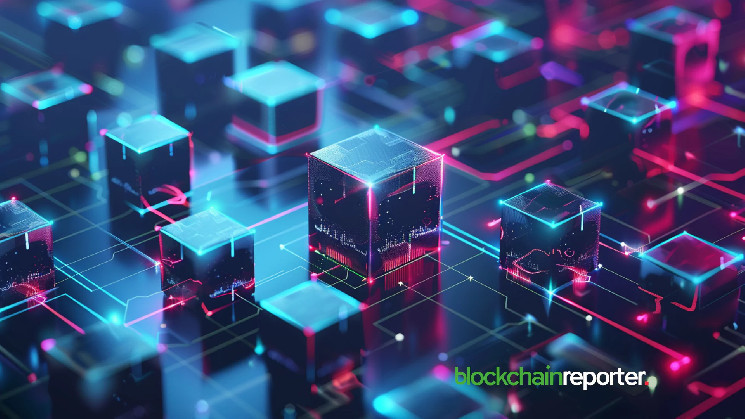In a recent tweet, Neon Rebel, cofounder and CEO of Paradigm, announced a significant update that has caused quite a stir in the blockchain community. This week, Paradigm quietly introduced a new feature called applicative recursion as part of Starknet’s 13.2 upgrade. The innovation is called blockpacking and is expected to change how transactions are conducted.
We quietly rolled out applicative recursion this week and it’s been a fucking gamechanger💥💥
Part of @Starknet’s 13.2 upgrade, applicative recursion (aka blockpacking) bundles multiple L2 blocks into a single recursive proof which means fixed L1 costs get spread across a much… pic.twitter.com/ZKZhYEAciV
— Neon Rebel (@fiddybps1) September 13, 2024
Neon Rebel Announces $100 Minimum Trade Size and New Trading Features
Applicative recursion involves using many Layer 2 (L2) blocks as one big step in a recursive proof. This method helps to distribute the L1 shared costs across many more transactions and is thus hugely advantageous. Astonishingly, L1 gas fees have been slashed by up to 600%, and transaction backlogs have been decreased to three times, resulting in faster transaction confirmation.
Along with these changes, Neon Rebel shared that Paradigm is now cutting the minimum to just $100. This is expected to increase the chances of trading by enhancing the accessibility and the cost of trading within the society. Furthermore, the update also introduces new trading pairs and portfolio margins for options together with multi-collateral assets by spot.
Major Blockchain Update Enhances Trading and Lowers Costs with New Tech
Neon Rebel also pointed out that the potential of zk-rollups (zero-knowledge rollups) needs to be more appreciated. Whereas some are dedicated to discussions concerning decentralization, Paradigm remains on the path towards innovation and the continuous incorporation of as much of the financial world onto the blockchain as possible with a smooth user experience.
Lastly, the deployment of applicative recursion represents a major development in blockchain, as it has the potential to enable faster and less expensive transactions, coupled with increased trading opportunities.







Leave a Reply